Prep
Week 6, Term 3

Prep
Week 6, Term 3
INFORMATION
🎭 Matilda Jr. Costume
Thank you to everyone who has already uploaded a photo of their child wearing their Matilda costume. If you haven’t done so yet, please upload it by the end of this week. You’ll find a folder in your child’s Showbie account labelled ‘Costume Photo – Matilda Jr.’
🎨 Specialist timetable - updated for Term 3
Please note – due to Matilda rehearsals, it can sometimes be difficult to visit the library on the usual day. If your child has missed their library session, this is the reason why!
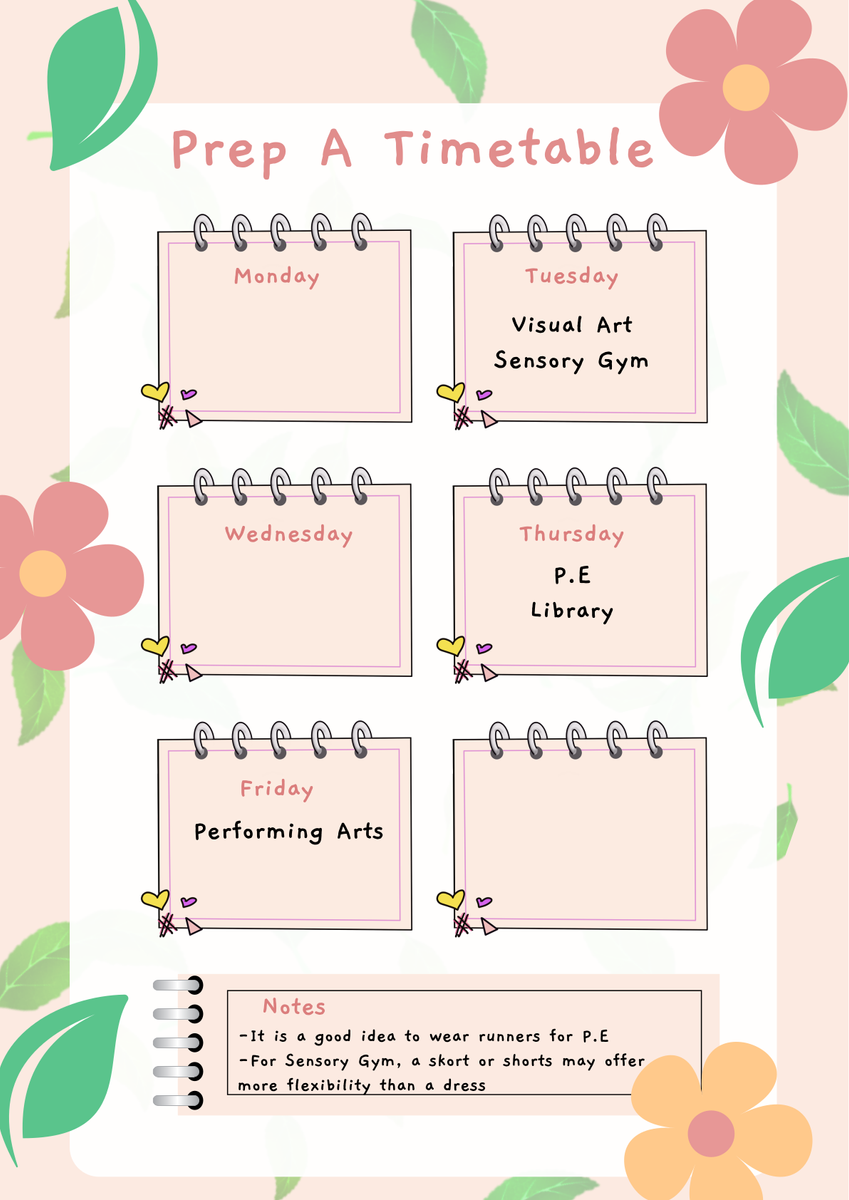
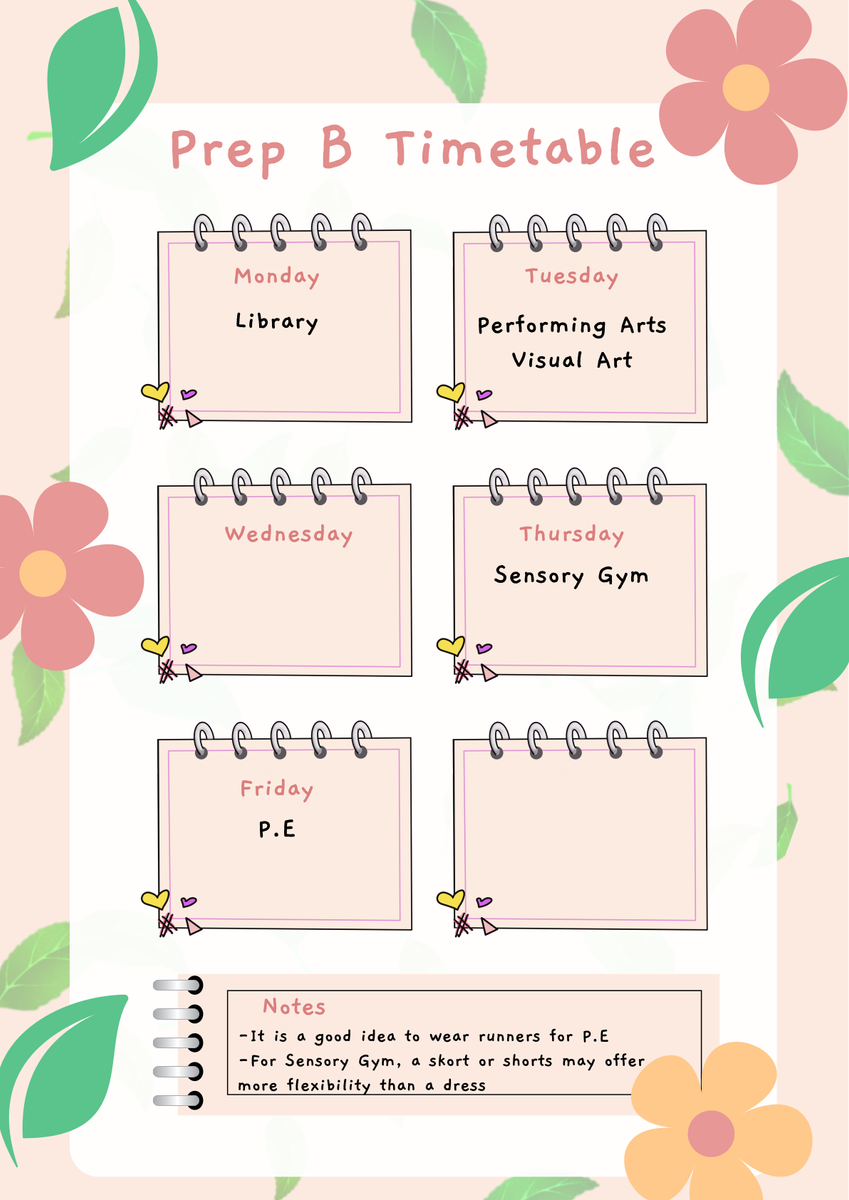
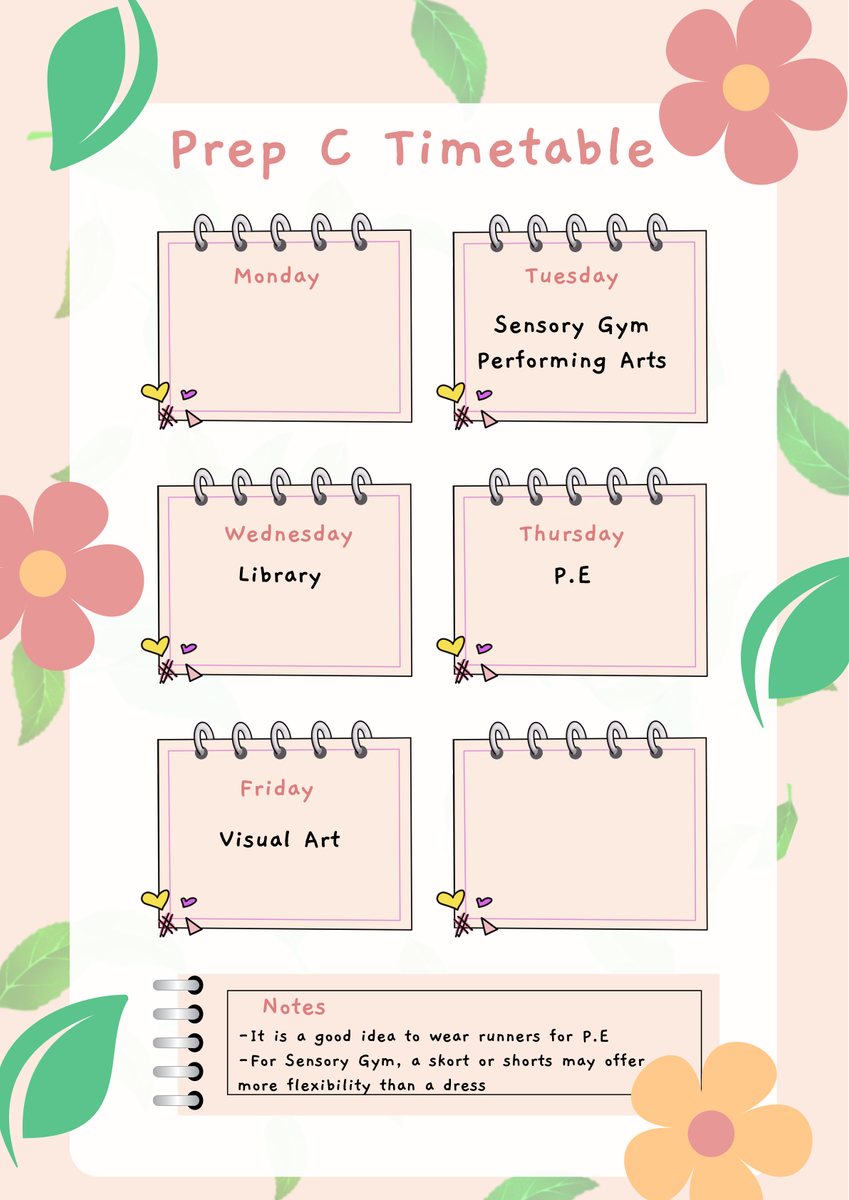



CURRICULUM
📚 Phonemic awareness: reading and phonics
This week, we are learning a new digraph (digraphs are where two letters work together to make a single sound). Students will explore both the voiced ‘th’ (as in then) and the unvoiced ‘th’ (as in thing). Our focus will include:
• Learning the phonemes (the sounds the letters make)
• Practising the graphemes (how we write the letters with correct formation)
• Using the matching cued articulation actions to support sound recognition.
• Reading longer words (CVCC/CCVC words) like them and cloth.
We’ll also learn the Heart Words: they, their and were
What can you do at home?
• Help your child read the take-home book, decodable passages and Heart Words from their book pocket. Aim for fluency by the second day of reading.
As your child reads, encourage them to recognise familiar words instantly and only sound out unfamiliar ones.
• Enjoy bedtime stories together to build vocabulary, comprehension, and a love of reading.
• If you're interested in learning more about Cued Articulation, you can watch this helpful video by Jane Passey (the founder), where she explains and demonstrates each sound: Cued Articulation with Jane Passey
• Work through the optional UFLI home pages if you’d like some extra phonics practise at home.
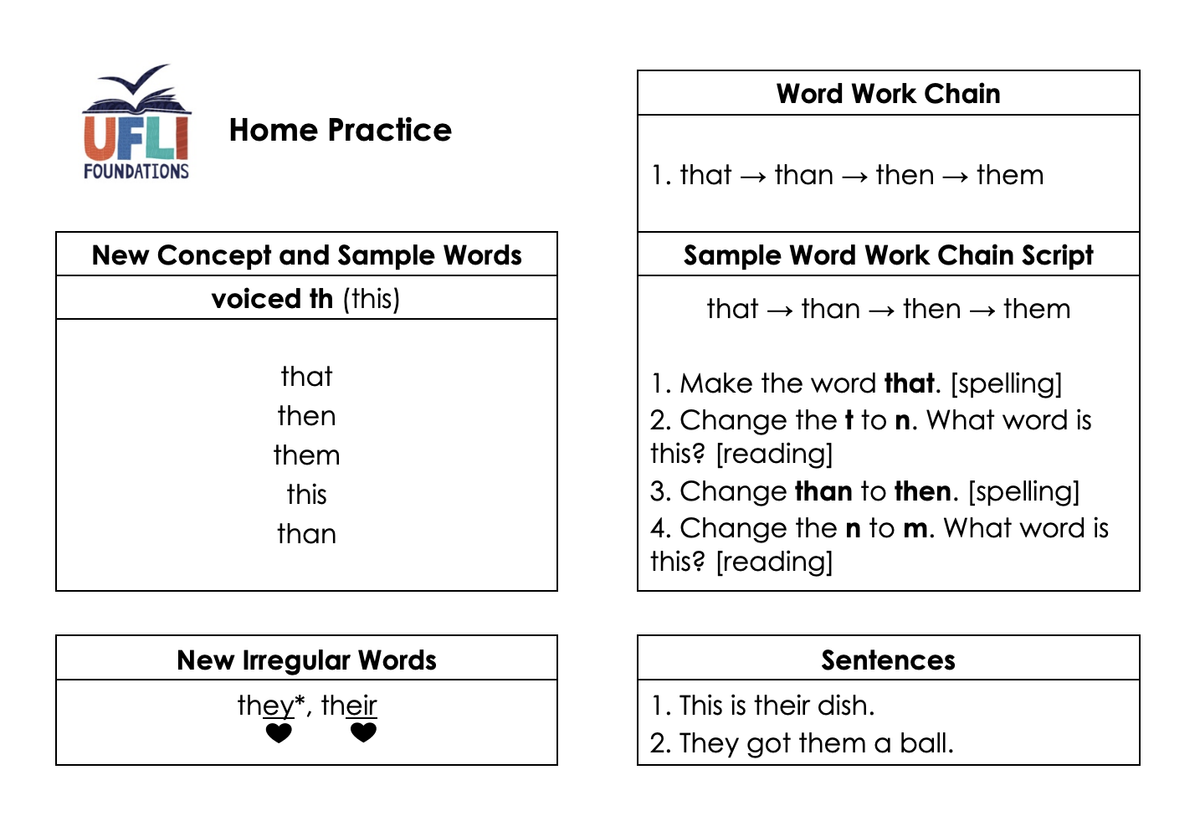
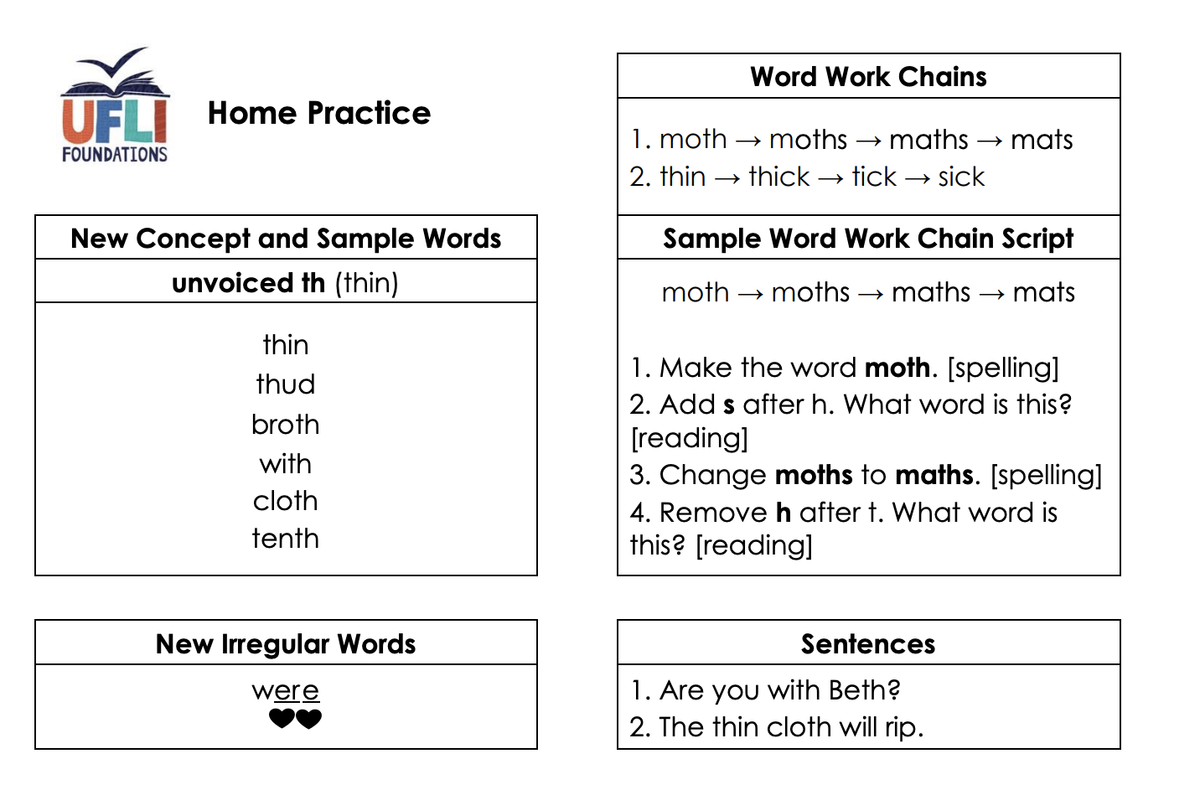


📝 Literature: reading responses and writing
This week’s mentor text is Window by Jeannie Baker, chosen for its beautiful representation of change and the reasons behind it. Students will explore the idea of making inferences (being detectives who use clues in the text and illustrations to figure out what is happening). They will also write about ‘then and now’, focusing on the character and the changing landscape, while labelling parts of the landscape and creating a timeline to show how it has changed over time. To finish the week, students will complete a creative craft activity inspired by the book.
Students will continue building their skills as independent writers by practising the correct formation of 'boss letters' and their related 'cousins'. During our Mentor Text lessons, they will explore the theme of change in their writing and also take on a creative challenge by writing from the perspective of the boy in Window.
What can you do at home?
• Practise 'boss letters' – Encourage your child to write the 'boss letter' (like c) and then practise its 'cousins' (a, d, g, o, q) on paper, whiteboards or even in sand. See the posters below.
• Build in authentic writing experiences like writing a shopping list, birthday cards, wish lists or notes for family members.
• Say it, then write it – Ask your child to say their sentence out loud first, then write it down.
• Check for capitals and full stops – Remind your child to start with a capital letter and finish with a full stop.
• Add detail with adjectives – Encourage them to add a describing word (e.g., “I saw a dog” → “I saw a fluffy dog”).
• Practise writing the Heart Words, taking care to notice the tricky 'heart' parts in the word.
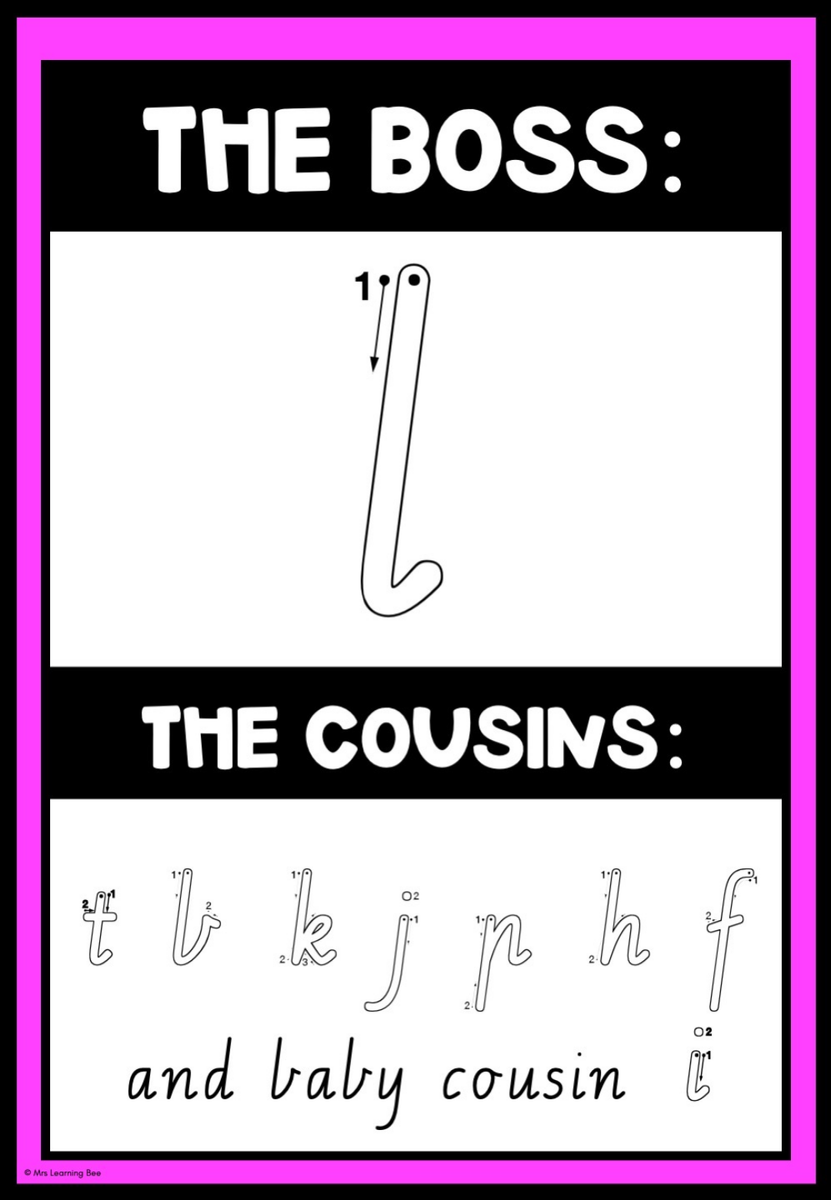
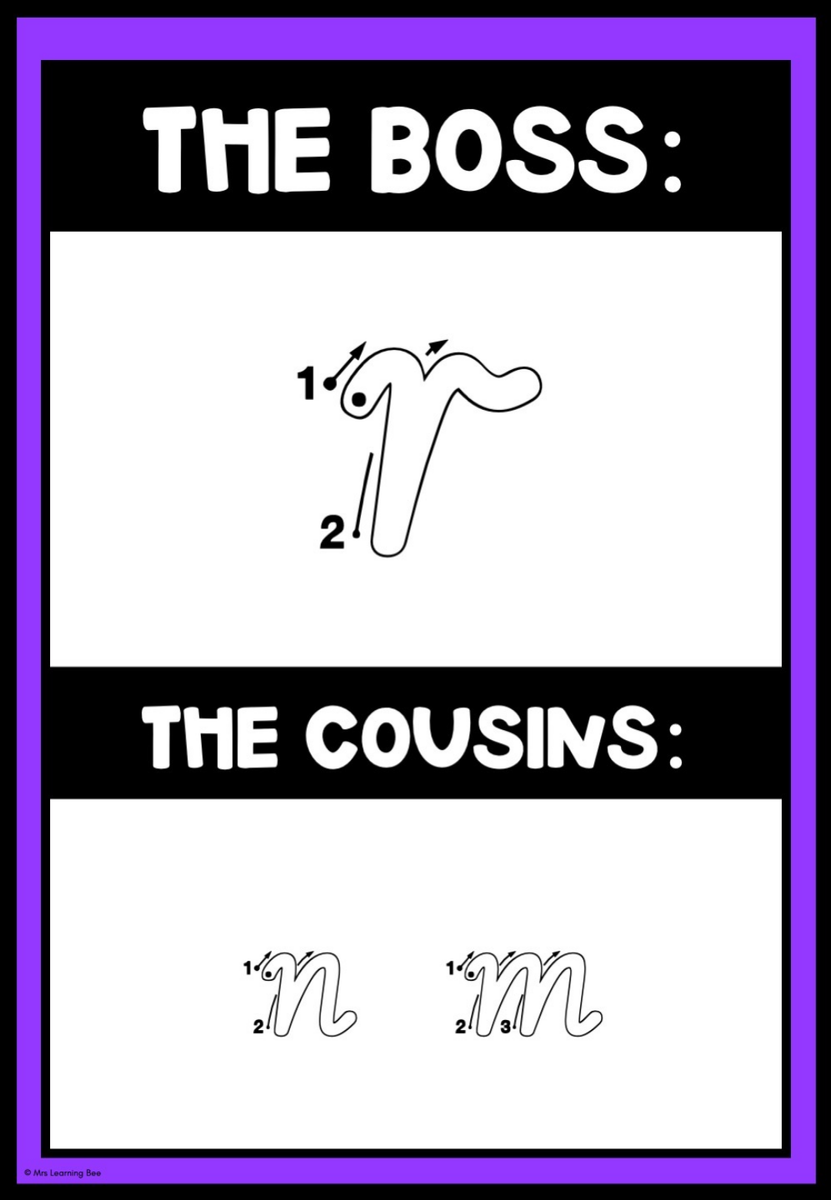
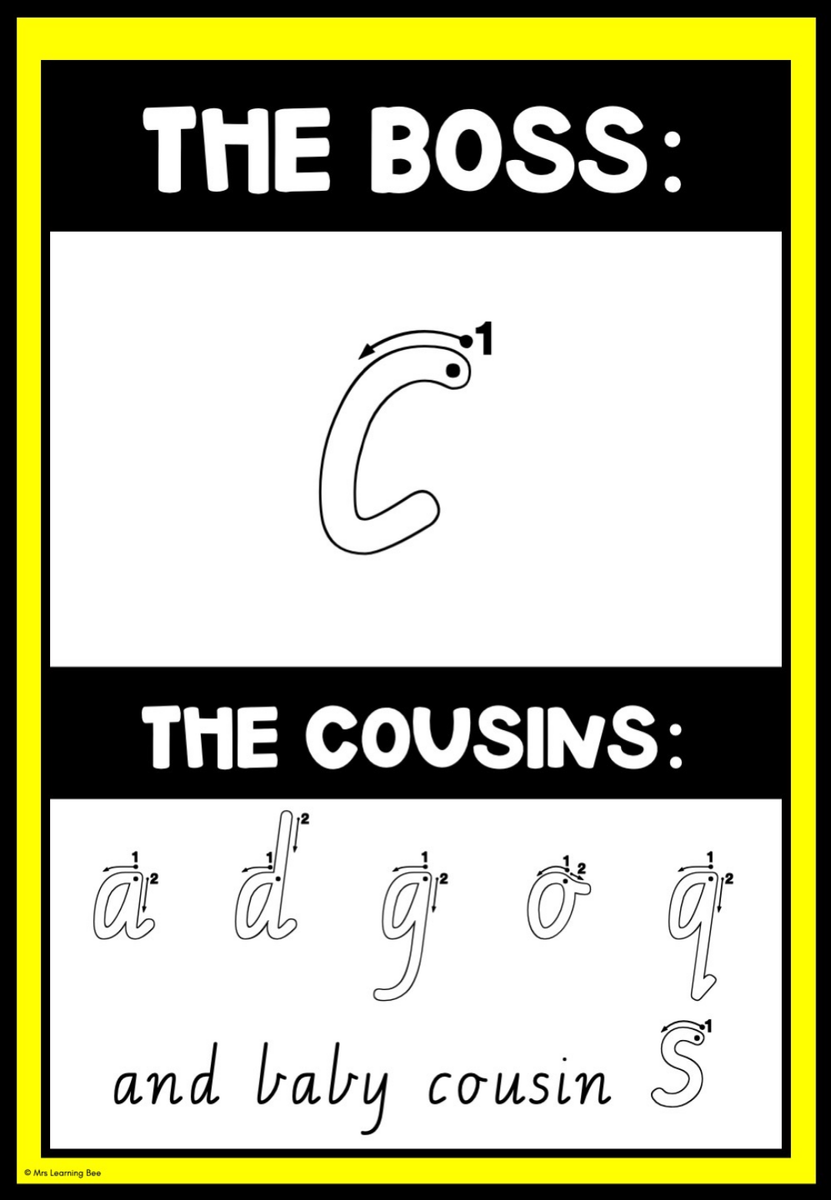
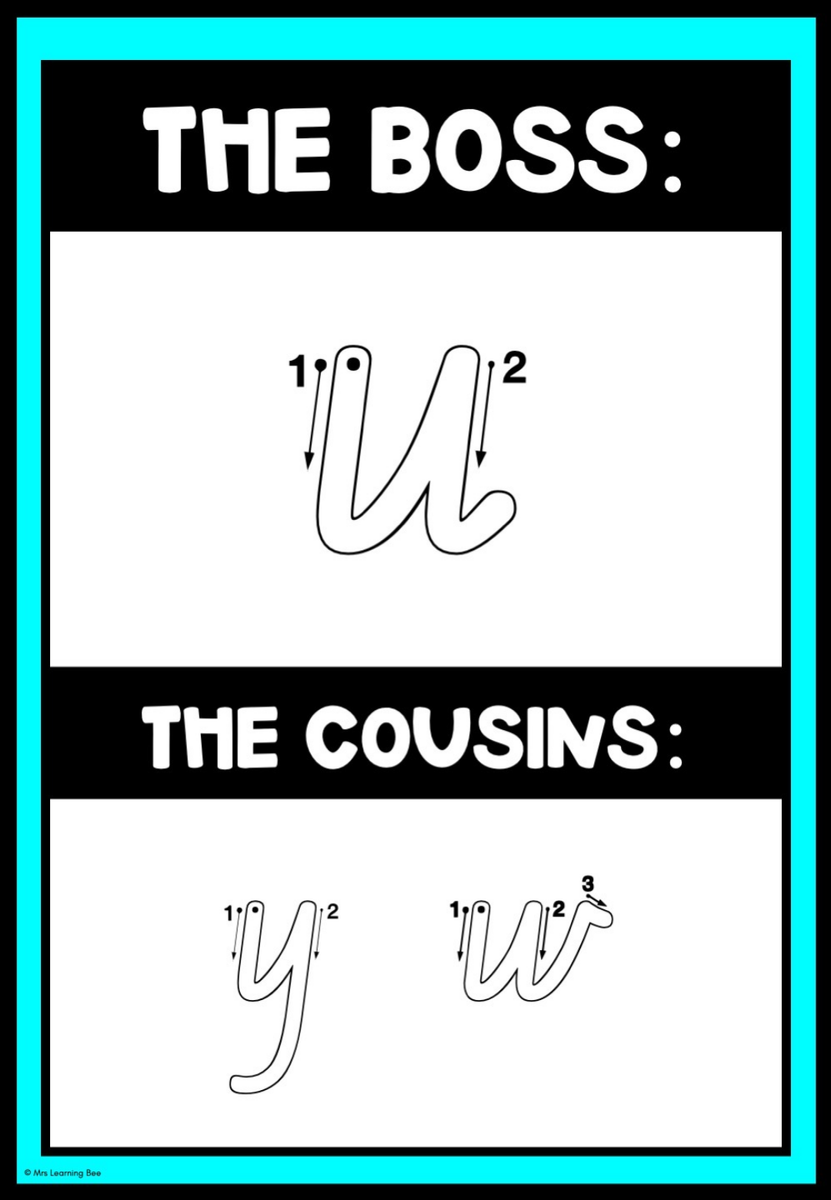
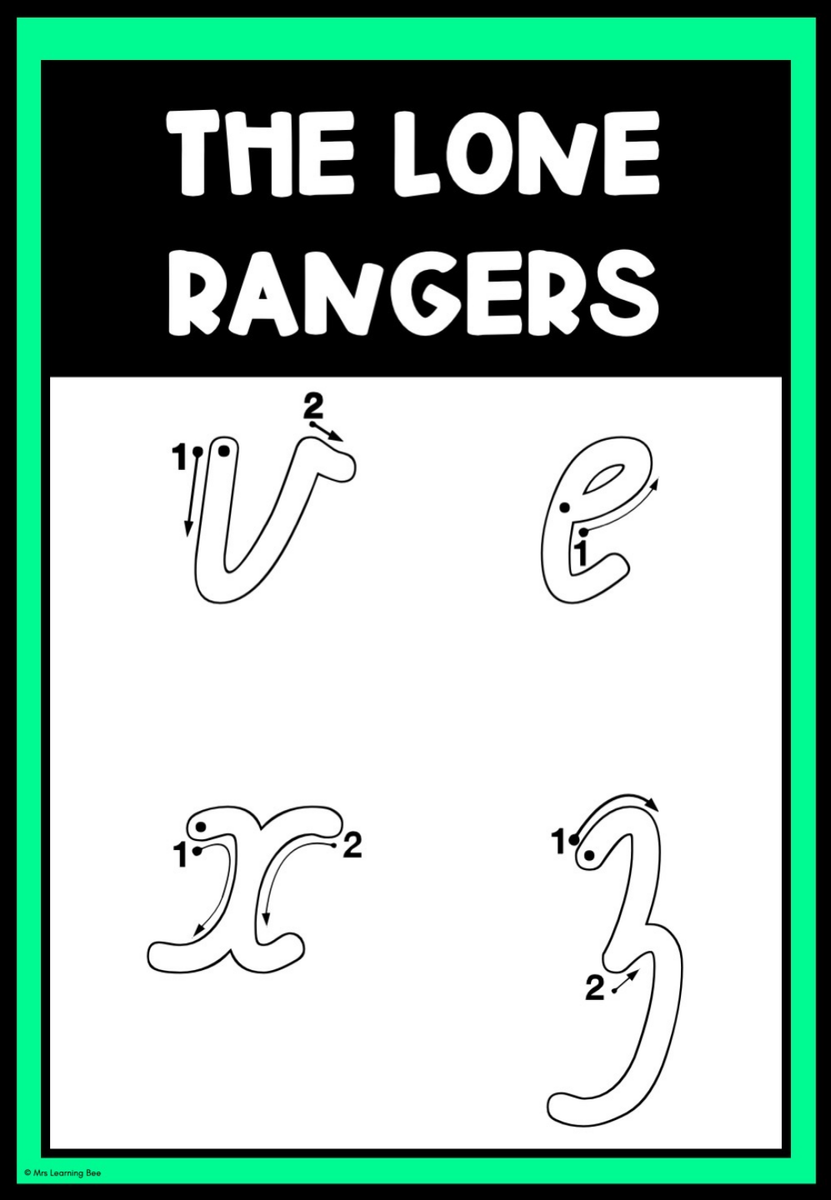





🔢 Maths
We are continuing to learn about sharing and grouping by solving problems with collections. Students will explore making groups of two, three and different sizes, as well as subitising to quickly identify group size. They will have plenty of hands-on practice using materials such as playing cards and counters to apply these concepts to real-world situations.
What can you do at home?
• Share snacks equally by giving your child a small number of items and ask them to share them equally between two or three people.
• Use toys for sharing – practise dividing Lego pieces, cars or blocks evenly between groups.
• Play ‘share the treasure’ - pretend coins or counters are treasure and take turns sharing them equally into piles.
• Ask “is it fair?” questions – after sharing, talk about whether each group has the same number, and if not, why.
• Involve them in real-life tasks – let your child help share out cutlery, napkins or serving portions at mealtimes so everyone has the same amount.
🌏 CBL - Change
We will be learning about how Wonga Park Primary School has grown and changed over time. A long time ago, the school was just one small room! We will look at old photos to see what it used to look like and how more classrooms were added as more children came to the school. We will also find out about how the school used to be connected to pig farming, which was part of life in Wonga Park back then. Together, we will think about why the school had to get bigger, and how it changed to fit all the children who wanted to learn here.
🫶🏼 Respectful Relationships
Through stories, discussion and activities, students will practise recognising their feelings and choosing healthy ways to manage stress, such as breathing, moving or talking to someone they trust.